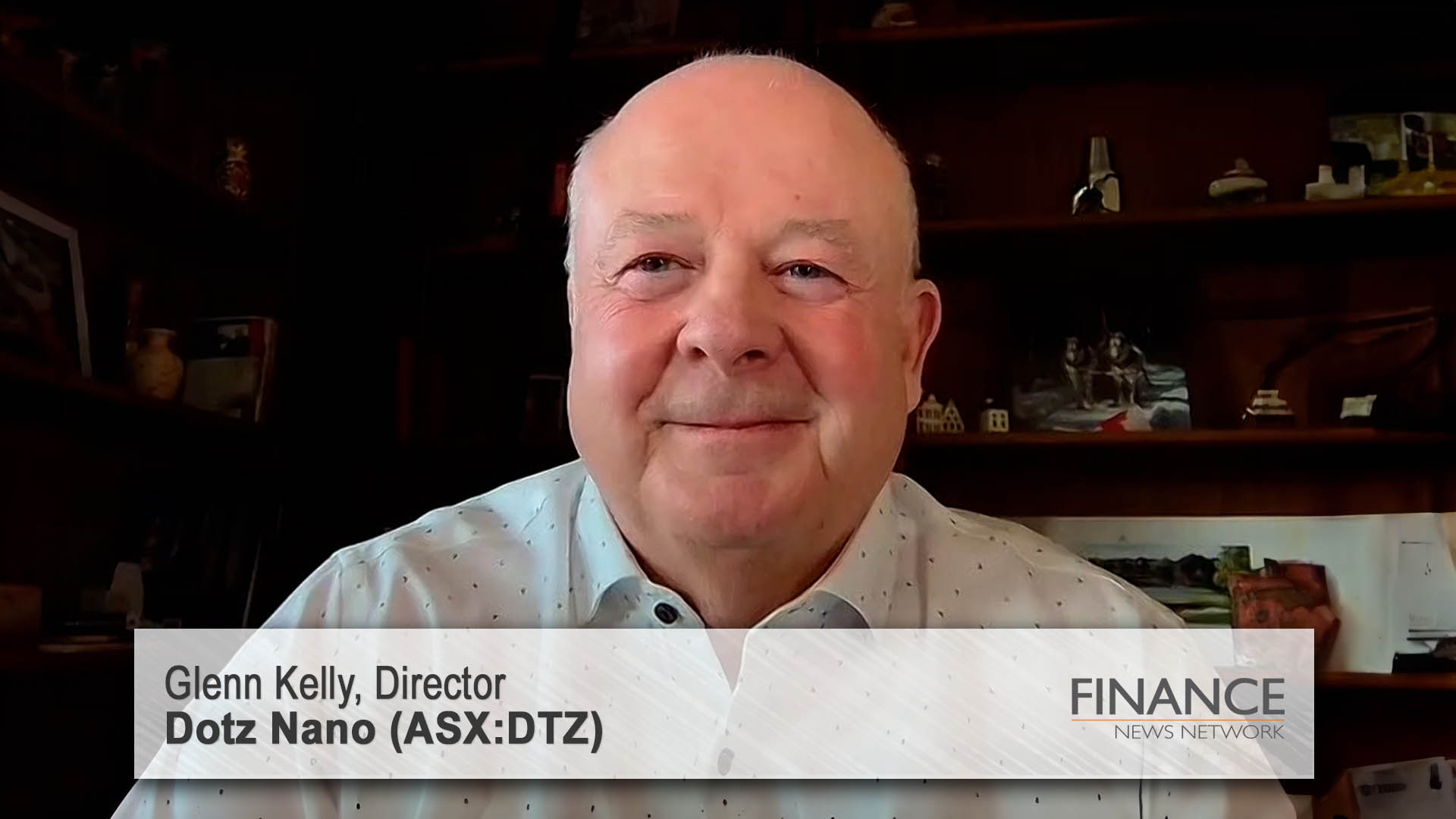Ratings group Standard and Poor’s and Europe’s banks have emerged as the big worry points for markets in the wake of the latest deals from the EU and eurozone.
Friday’s news of some agreement at the summit saw markets in Europe and the US rise after a big sell-off in Asia earlier in the day.
That confidence will carry over into Asia today, but the question for investors is, how long will it last?
On present indications, not for long if things go against Europe as they have done recently.
Take S&P. Any downgrading could hit Europe hard, but it is hard to see that happening now to the extent feared last week.
The ratings group says it will decide in the next few days whether or not to downgrade eurozone countries in the coming days following Friday’s EU agreement to forge tougher fiscal rules.
S&P’s rival Moody’s added to the pressure by downgrading the ratings of the three biggest French banks on Friday night, which upset the French government and bankers.
Media reports say the S&P’s agency’s head in France said at the weekend that the agency would analyse the new pact and the decision by the 17 euro states to bolster their defences at a separate summit last Friday.
S&P said at the start of last week that it would decide whether to downgrade 15 of the 17 eurozone countries, including Germany and France, depending on whether the summit in Brussels produced a convincing response to the debt crisis.
It also put on warning the ratings of banks in those 15 countries and it placed the AAA rating on the EU.
Judging by the tepid market response and the lack of enthusiasm for the deals, S&P might continue the ”credit watch negative" outlook on the various sovereign ratings for the next few months, or until the next EU summit in March.
But bank ratings could come under separate pressure, if that downgrade by Moody’s is any guide and banks struggle to raise the 115 billion euros of new capital that the European Banking Authority says they need quickly.
S&P’s Carol Sirou told French radio BFM Business that the ratings agency would examine the impact of the agreement on confidence in the economy and financial markets.
S&P would also consider whether the agreement might prompt the European Central Bank to play a more aggressive role in tackling the crisis before taking a downgrade decision, she said.
"It (the decision) will be in the coming days once we have all the necessary elements and reflection," she said, according to newsagency reports by AFP.
With the exception of Britain, EU countries agreed on Friday to draft a new treaty creating a tougher fiscal regime and closer economic integration.
Nine non-euro countries will join the euro group in forging closer fiscal ties, thereby further isolating the UK.
Bulgaria, Czech Republic, Denmark, Hungary, Latvia, Lithuania, Poland, Romania and Sweden "indicated the possibility to take part in this process after consulting their parliaments where appropriate", the euro-zone statement said.
Besides the "fiscal compact" amongst eurozone countries with firm commitments regarding sustainable public finances and penalties for rule breakers, the zone leaders also agreed to bring forward the start up of the European Stability Mechanism (ESM)with 500 billion euros of capital to July next year adding to support provided by the existing EFSF bailout fund.
As well there would be a 200 billion contribution to the IMF from European central banks for use in Europe with the hope that other countries will also contribute, and the removal of demands that investors share in the cost of future bailouts.
But reports from the US at the weekend said American politicians, especially Republicans, are worried the US could lose money if IMF lending to Europe is increased and some want an existing $US108 billion loan to the Fund withdrawn.
The ESM will still replace the EFSF, which will be wound down, a move driven by Germany, which effectively ended the attempt to create a trillion euro firewall around the zone and especially Italy and Spain.
An agreement on stricter budget rules for the eurozone went some way to address the structural problems behind the bloc’s debt crisis, but investors said more was now needed to relieve stress in the region’s troubled debt markets.
And that was nicely illustrated by the news that bank deposits with the ECB now stand at their highest level since June 2010 at 905 billion euros (or nearly $A1.2 trillion), as lenders withdraw deposits held with other banks and put them into the ECB for safety.
At the same time, banks in major eurozone countries such as France and Italy have become increasingly reliant on central bank funding (just as those in Greece, Ireland and Portugal have been).
The results of the fourth round of European Banking Authority (EBA) stress tests conducted in just under 18 months pointed to a 115 billion euro capital shortfall in the eurozone financial system, with German banks showing the most notable deterioration in their core capital ratios.
Moody’s cut the ratings on France’s BHP Paribas, Credit Agricole and Societe Generale for what the US rating agency said were "liquidity and funding constraints".
The banks’ downgrade came despite Moody’s acknowledging the three lenders could depend on a higher level of French taxpayer support in future.
All this will add to pressure on Europe.
The next summit of leaders is in March and much can happen between now and then, especially as more of the EU slides into recession in early 2012.
That is a long time to wait, even if euro group finance ministers hold endless meetings in the meantime.
What will be key going forward though is how t













